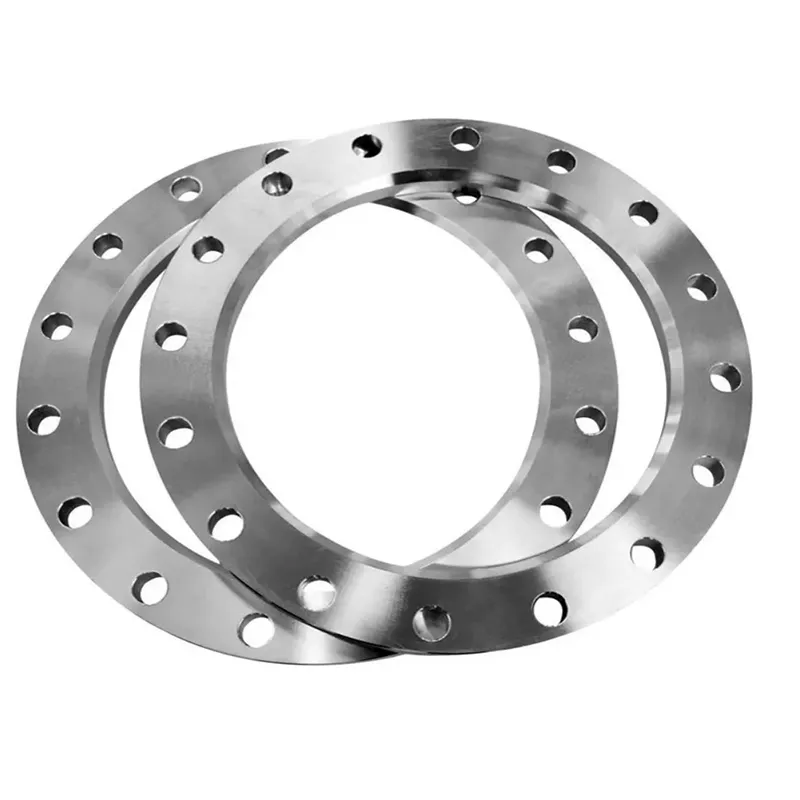-
Cangzhou Yulong Steel Co., Ltd.
-
Phone:
+86 13303177267 -
Email:
admin@ylsteelfittings.com
- English
- Arabic
- Italian
- Spanish
- Portuguese
- German
- kazakh
- Persian
- Greek
- French
- Russian
- Polish
- Thai
- Indonesian
- Vietnamese
- Zulu
- Korean
- Uzbek
- Hindi
- Serbian
- Malay
- Ukrainian
- Gujarati
- Haitian Creole
- hausa
- hawaiian
- Hebrew
- Miao
- Hungarian
- Icelandic
- igbo
- irish
- Japanese
- Javanese
- Kannada
- Khmer
- Rwandese
- Afrikaans
- Albanian
- Amharic
- Armenian
- Azerbaijani
- Basque
- Belarusian
- Bengali
- Bosnian
- Bulgarian
- Catalan
- Cebuano
- China
- China (Taiwan)
- Corsican
- Croatian
- Czech
- Danish
- Esperanto
- Estonian
- Finnish
- Frisian
- Galician
- Georgian
- Kurdish
- Kyrgyz
- Lao
- Latin
- Latvian
- Lithuanian
- Luxembourgish
- Macedonian
- Malgashi
- Malayalam
- Maltese
- Maori
- Marathi
- Mongolian
- Myanmar
- Nepali
- Norwegian
- Norwegian
- Occitan
- Pashto
- Dutch
- Punjabi
- Romanian
- Samoan
- Scottish Gaelic
- Sesotho
- Shona
- Sindhi
- Sinhala
- Slovak
- Slovenian
- Somali
- Sundanese
- Swahili
- Swedish
- Tagalog
- Tajik
- Tamil
- Tatar
- Telugu
- Turkish
- Turkmen
- Urdu
- Uighur
- Welsh
- Bantu
- Yiddish
- Yoruba

Nov . 08, 2024 10:09 Back to list
Stainless Steel Welded Pipes for Versatile Applications in Modern Industries
Understanding SS Welded Pipe Properties, Applications, and Advantages
Stainless steel welded pipes, commonly known as SS welded pipes, play a crucial role in various industries due to their outstanding attributes and versatility. These pipes are fabricated by joining pieces of stainless steel through a welding process, which results in a smooth, continuous surface and enhanced mechanical properties. In this article, we will explore the characteristics, manufacturing processes, applications, and advantages of SS welded pipes.
Characteristics of SS Welded Pipe
Stainless steel welded pipes are favored for their corrosion resistance, durability, and aesthetic appeal. The primary alloying elements in stainless steel, including chromium, nickel, and molybdenum, contribute to its high resistance to oxidation and corrosion. This quality makes SS welded pipes ideal for applications in harsh environments, such as chemical processing, marine applications, and food and beverage industries.
Moreover, SS welded pipes exhibit excellent strength and toughness. The welding process enhances their mechanical properties, allowing them to withstand high pressures and temperatures. Their structural integrity also ensures long service life with minimal maintenance, which is a significant advantage in industrial applications.
Manufacturing Process of SS Welded Pipe
The manufacturing of SS welded pipes involves several key steps. First, stainless steel sheets or plates are cut into specified dimensions and then formed into a cylindrical shape. Following this, the edges of these sheets are fused together using various welding methods, such as Tungsten Inert Gas (TIG) or Metal Inert Gas (MIG) welding. These techniques ensure a strong bond while maintaining the integrity of the alloy.
After welding, the pipes undergo several finishing processes, including annealing, pickling, and passivation. Annealing helps to relieve stresses from the welding process and improves corrosion resistance. Pickling removes any oxide layers and contaminants, while passivation enhances the passive layer of chromium oxide on the surface, further improving corrosion resistance. The final products are then tested for quality through various methods like hydrostatic testing and eddy current testing, ensuring they meet industry standards.
ss welded pipe

Applications of SS Welded Pipe
The versatility of SS welded pipes allows them to be utilized across a wide array of industries. In the oil and gas sector, these pipes are used in pipelines due to their ability to withstand extreme pressures and corrosive environments. The food and beverage industry uses SS welded pipes for processing and transportation, as they meet stringent hygiene standards.
Moreover, in construction, SS welded pipes serve as structural components, providing strength for various applications, including handrails and frameworks. The chemical industry employs these pipes for transporting aggressive chemicals, where their corrosion resistance plays a vital role. Additionally, SS welded pipes are also found in pharmaceuticals, HVAC systems, and water treatment facilities, highlighting their importance in modern infrastructure.
Advantages of SS Welded Pipe
The benefits of SS welded pipes are numerous. One significant advantage is their cost-effectiveness. While the initial investment may be higher than that of other materials, their durability and reduced maintenance requirements lead to lower total lifecycle costs. Additionally, the smooth internal surfaces of SS welded pipes facilitate better flow characteristics, minimizing energy loss.
Moreover, the aesthetic appeal of stainless steel makes these pipes suitable for visible applications, where appearance matters. Their ability to resist staining and tarnishing means fewer cleaning requirements and improved longevity. Furthermore, the recyclability of stainless steel aligns with sustainable practices, making SS welded pipes an environmentally friendly choice.
In conclusion, SS welded pipes are indispensable in various industrial applications, providing superior corrosion resistance, durability, and aesthetic qualities. Their manufacturing process ensures high-quality products that meet rigorous standards, making them a reliable choice for engineers and manufacturers alike. As industries continue to evolve and prioritize sustainability, the demand for SS welded pipes is expected to grow, reinforcing their status as a cornerstone in modern engineering and construction.
Latest news
-
ANSI 150P SS304 SO FLANGE
NewsFeb.14,2025
-
ASTM A333GR6 STEEL PIPE
NewsJan.20,2025
-
ANSI B16.5 WELDING NECK FLANGE
NewsJan.15,2026
-
ANSI B16.5 SLIP-ON FLANGE
NewsApr.19,2024
-
SABS 1123 FLANGE
NewsJan.15,2025
-
DIN86044 PLATE FLANGE
NewsApr.19,2024
-
DIN2527 BLIND FLANGE
NewsApr.12,2024
-
JIS B2311 Butt-Welding Fittings LR/SR 45°/90° /180°Seamless/Weld
NewsApr.23,2024











